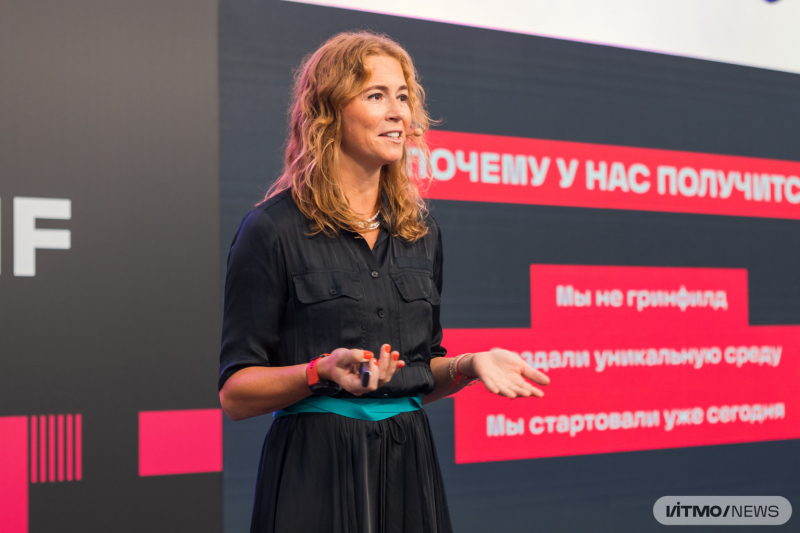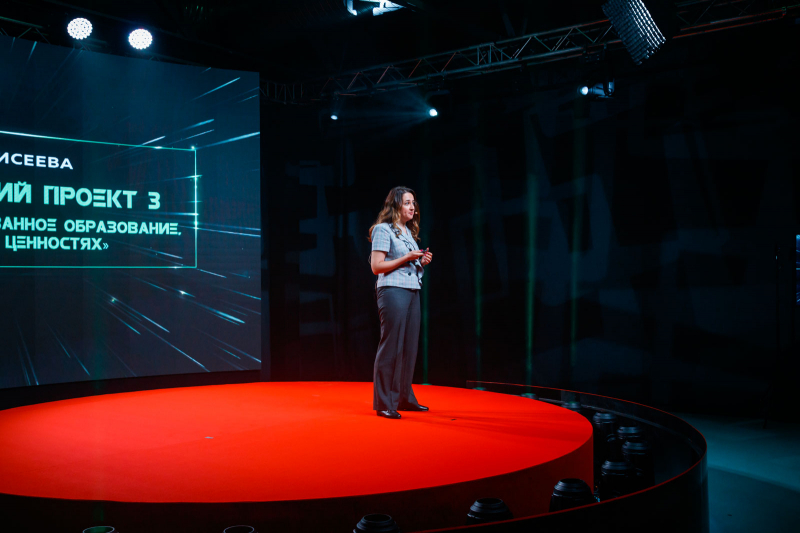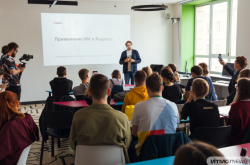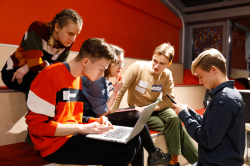During the pandemic, Russian universities had to transition to the online format – and faced many challenges in the process. How do you make an online lecture engaging for the whole 90 minutes of class? How do you adapt lab classes that usually have to be attended in person? And how can you organize classes that bring together students across different time zones?
On the other hand, EdTech companies, according to their representatives, often lack public trust. There’s still a commonly held opinion that online education results in underqualified specialists who can't find a job.
ITMO’s First Vice Rector Daria Kozlova believes that both fundamental education and modern educational formats have their benefits and drawbacks. This is why, in the newly founded association, it will be important for both sides to share their methodologies and approaches to managing the academic process. In this way, it will be possible to create better educational programs based on shared values.
“The optimal solution and points for growth can be found in a combination of different approaches. It is at this intersection of the best practices that we can develop new programs that will be popular with students and that will have the capacity to provide them with in-demand hard and soft skills,” says Daria Kozlova.

Daria Kozlova. Photo by Dmitry Grigoryev / ITMO.NEWS
However, not every program can be adapted for the online format, experts say. Students in applied fields and sciences, as well as medicine, will have to be present on-site for their lab classes and practical training.
At the same time, many programs have been successfully transferred online. For instance, there are seven such Master’s programs at ITMO, available to students from anywhere in the world, in a range of fields, from IT and engineering to chemistry and product design. Many of these are supported by the likes of Netology, Yandex, or Napoleon IT. Students in these programs get all the benefits of fundamental education and acquire system thinking skills, while also picking up the knowledge and skills that are sought-after in the industry.
“This association isn’t an attempt by EdTech companies to absorb universities – or vice versa. It’s a united movement, a chance for all of us to show that we’re ready to make unconventional decisions. We at ITMO want to turn the initiatives thought up by the public and our partners into reality, as well as add value to education. Today, we separate education into elementary, primary, and higher; but, perhaps, that distinction will no longer be a thing in the future. Then, it wouldn’t matter where you acquired your skills – at university or at an EdTech company,” explains Olga Eliseeva, the head of ITMO University’s Department of Educational Quality Assurance.

Olga Eliseeva. Photo by ITMO.NEWS
The new association is expected to establish and maintain a high standard of quality for online educational programs, as well as integrate the best trends into the higher education market. For that purpose, the members plan to compile quarterly digests, conduct surveys and analyses of the higher education market, and organize roundtable discussions and online meetings to facilitate the exchange of experience.
You can watch a live recording of the discussion (in Russian) here.





